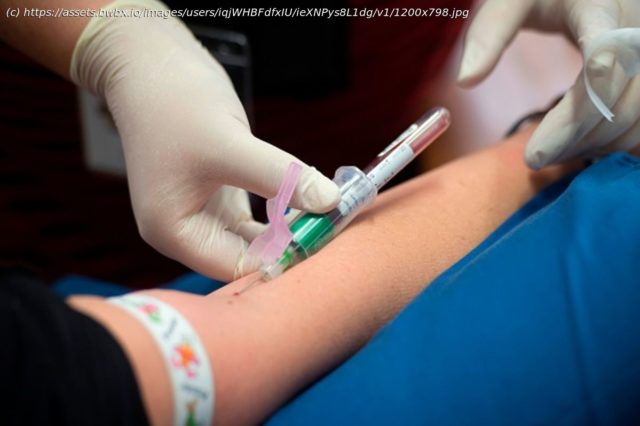Deliberately infect volunteers? It’s worth considering.
Until a vaccine is created and made widely available, Covid-19 will persist as an economy-wrecking, joy-destroying, deadly global menace. It could be a year away, and with every month of delay, at today’s death rate,180,000 lives are lost.
There is a potential short cut, one that could shave months from the wait. That is to conduct so-called human-challenge studies, in which volunteers treated with experimental vaccines are then deliberately infected with the novel coronavirus. This would enable researchers to observe in a matter of weeks whether the vaccine candidate is protective — rather than wait months for subjects in a standard clinical trial to randomly catch the disease.
The idea of infecting healthy subjects with Covid-19 might strike you as repellent. And yet manyscientists and policy makers say it’s worth thinking about.
The downside is significant. The strategy calls to mind horrendous experiments in which Nazi prisoners were injected with tuberculosis bacteria, or those in which New York City children with mental disabilities were infected with hepatitis A. It contradicts the maxim to first do no harm. But deliberately infecting well-informed volunteers is in fact an accepted way of investigating vaccines for infectious diseases, and has been used in trials involving malaria, typhoid and cholera. Medical ethicists say that when such research is done with all due medical care and with the full consent of adult subjects who demonstrably understand the risks, then the potential to save lives can justify it.
The catch with Covid-19 is that, unlike malaria, typhoid and cholera, it has no proven treatment. What’s more, the risk to volunteers is very hard to assess, given how much about the disease remains mysterious, including why some people are more vulnerable than others.






